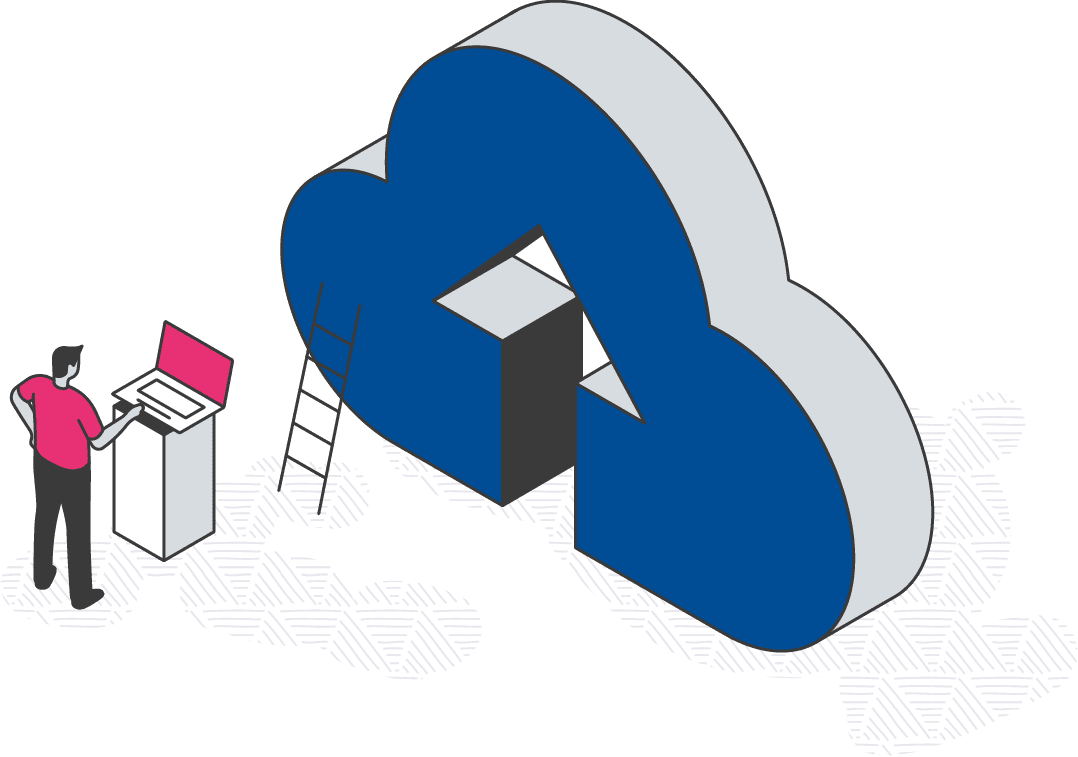We
Give BackWe
take our responsibilities to the world around us seriously. With ambitious Net Zero Goals and a host of charitable initiatives, both global and local to our regional offices, we invest in the future.brain® 2050 is the must-attend London AI event this year! Be at the forefront of the AI evolution, register your interest NOW!
Enterprise-Grade, AI-powered Customer Experience Solutions.
We are a leading global provider of enterprise cloud Customer Experiences (CX) and contact center solutions, and are at the forefront of Generative AI evolution.
Customer Experience is what separates good from great. Listen to your customers, understand them, and you’ll keep them coming back. We’ve helped organizations such as the DVLA, Rakuten, the US Federal Government, and the NHS make dramatic improvements to their CSAT scores.


Our 99.999%+ availability sets us apart. We’re the only cloud communications provider trusted by blue-light services. Life-critical emergency services trust us with their communications; that means, you can too.
Our cloud CX solutions scale rapidly to service massive planned and unplanned contact demand. In one case, we supported 75,000 concurrent digital agents for a major Japanese retailer. In another, we supported 20,000 voice agents for a national ‘Test and Trace’ program.

We lead the CX space. We are the only European vendor in the Gartner Magic Quadrant for Contact Center as a Service and have been recognized as an ‘Exemplary Vendor’ by ISG Research. Discover why industry analysts have been praising our solutions.

We believe in AI that helps humans help humans. Our AI orchestration layer puts automation at the heart of your Customer Experience, whilst shielding you from risk. Our solutions support agents before, during, and after customer interactions.
Both omni-channel & omni-data are needed for outstanding Customer Experience. Our cloud communications platform brings every channel of communication into a single, accessible interface. Our Customer Data Platform ensures that the agent always has the data they need to deliver an outstanding experience. The future of CX is omni-channel, omni-data, and omni-AI.

In a fast-moving market, you don’t need a vendor. You need a partner. We work with our customers to understand their needs, design a solution that works for them, and link them with the right partners from our professional services network to support their transformation. We value true partnership, and we’ll never tie your business down.
We
Give BackWe
take our responsibilities to the world around us seriously. With ambitious Net Zero Goals and a host of charitable initiatives, both global and local to our regional offices, we invest in the future.We understand your organization. From the largest multi-national corporations, to local government and small
businesses, we’ve seen it all, and done it all. Ask a question, and a member of our sales team will be in touch to discuss
how our solutions can supercharge your Customer Experience.